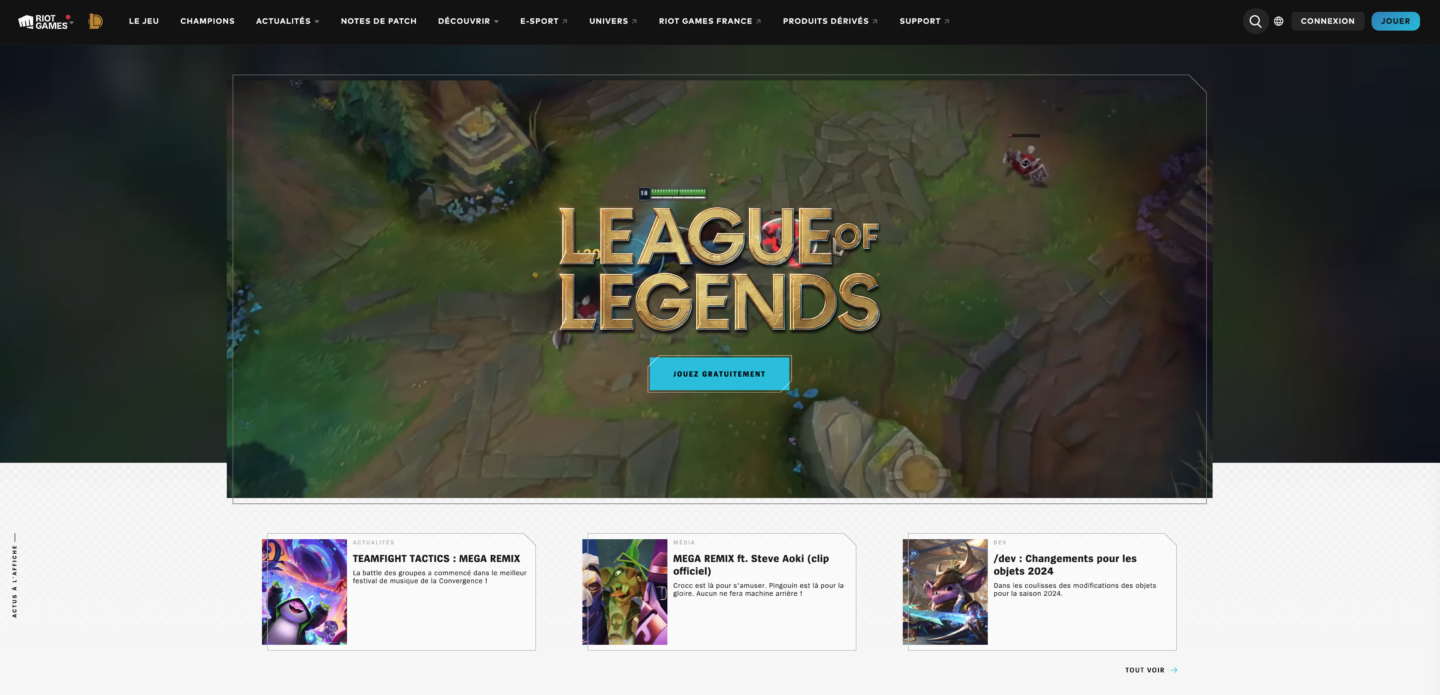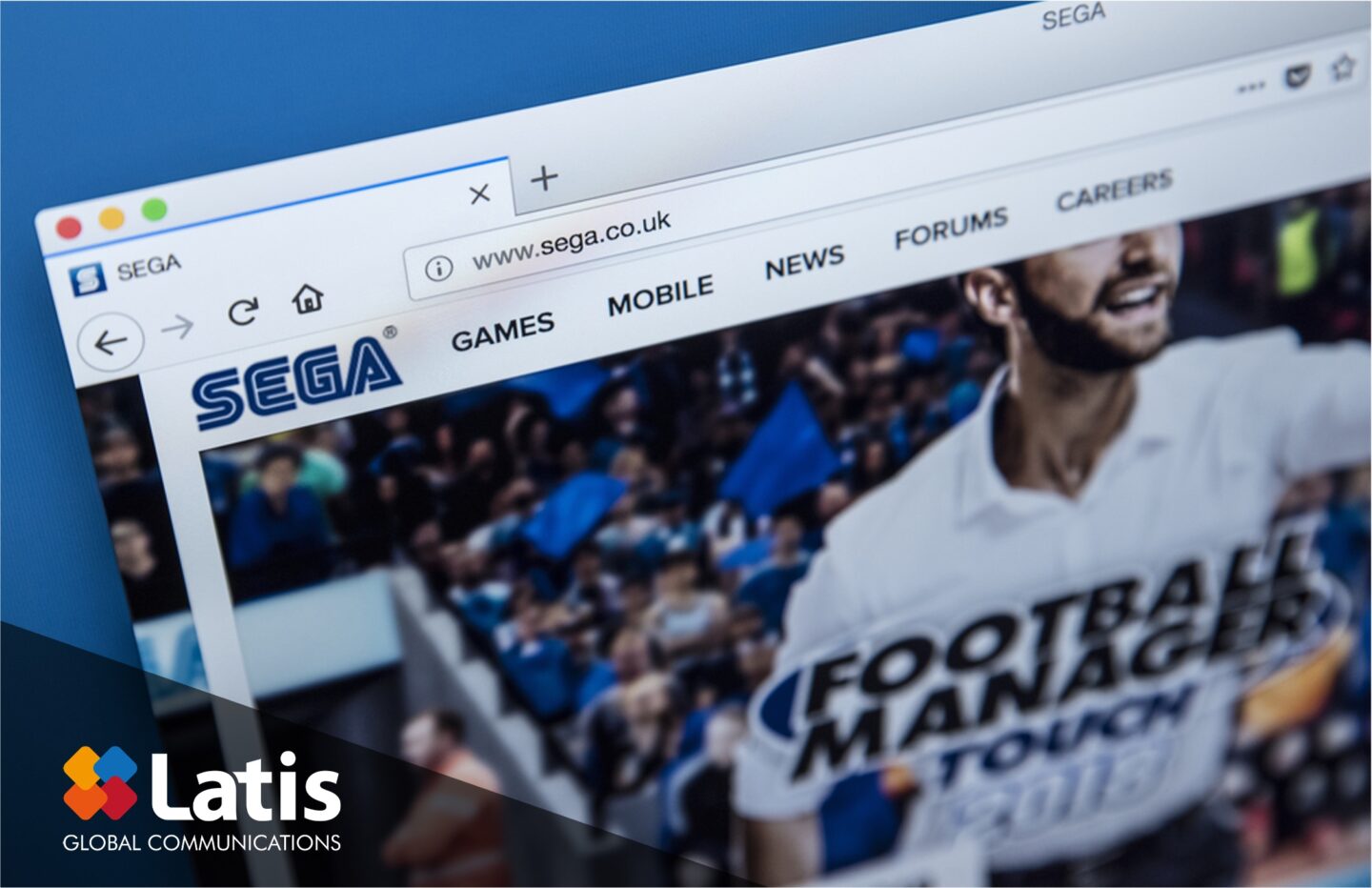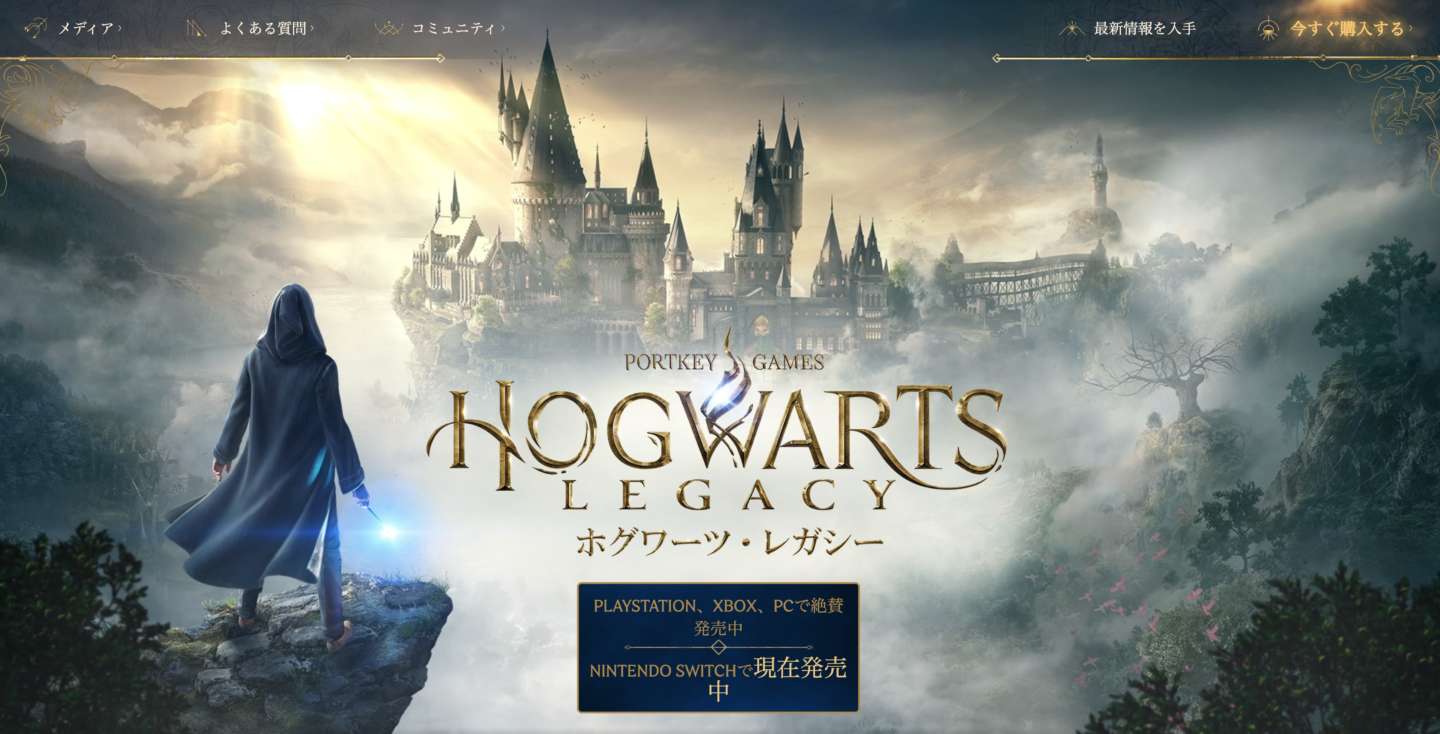
Hello, Latis Global here. Today, let’s talk about the localization of game websites. By “game websites”, we mean websites specially created for a certain game, not websites for game developers in general.
Technically, there is no fundamental difference between game websites and conventional websites, although one could say game websites are specifically designed to showcase their product: videogames. Naturally, websites for specific products tend to include many more details regarding these products. As such, the characteristics of such websites can differ from company websites, or commercial websites in general, where they simultaneously list multiple products.
Websites for general products typically focus on how their products are better, fancier, and more convenient than their counterparts. Such websites utilize detailed descriptions, images, and videos to emphasize those values and increase sales. Game websites are similar, but they do have one major difference. Game websites are designed not only to persuade gamers to buy their product, but also to entice those who have already purchased to pay for additional downloadable content (DLC,) allowing for a more immersive gameplay. Normally, continuously updating products on the website so existing customers can be more engrossed in their products is considered highly unusual.

Characteristics of Game Websites
Game websites feature various visual elements. Such elements include eye-catching advertising slogans, strategically placed texts and images, in-game screenshots, as well as video teasers or actual videos of the gameplay. It employs numerous methods to guarantee that the game stands out and to quickly relay information while capturing the hearts of gamers.
That said, too much information displayed all at once can clutter its visual. A common solution for this problem is the “image carousel”, where an image or text is displayed for a short period of time before switching to another. Other elements that are unique to game websites include the frequent use of exaggerated expressions or words, and other various game-related terms.

All things considered, when localizing a website with such various, distinct elements, what things need to be thought out?
Considerations While Localizing Game Websites
It goes without saying, when localizing a game website, a clear understanding of the game being showcased is the most needed. However, there are other important factors to consider as well.
1) Thoroughly understanding the context of the original text
As previously mentioned, game websites typically consist of various visual images. Oftentimes, what appears to be text is actually an image file. A thorough examination of the context in the source text being translated is essential. Thinking of such thing as: Is the text displayed in a fixed position and size?; Is it part of a UI, body text, or hyperlink?; What about its font color and size?; Are there any intentional line breaks? are all important issues to think about.
Unlike websites for general products, almost every image, screenshot, video, and text (including its content, font, size, and color) for game websites are deliberately designed for a specific purpose, and thus, translating the source text without any contextual knowledge may cause a lot of complications.
2) Using words, expressions, and tones that suit the game’s vibe.
Every game has its own unique vibe and concept. The vibe can vary widely from game to game. Some games might be bright and lively, while others may be dark, serious, or outright terrifying. The same goes for its genres. Videogames deal with a variety of them including politics, economics, society, culture, military, and sports. When localizing a game website, coming up with the tone and expressions that fit the game’s theme is key. Translating something as serious as a role-playing game (RPG) with remarks such as, “Hey y’all! Log in now and get your free swag!” may not be the best choice of expression. In a similar vein, if, for example, an intense game that features ancient warriors or modern-day special agents is being translated, the following expressions may be considered more apropos.
“The warrior’s wrath awakens”
“Dost thou hear my voice?”
“All agents, receive your supplies at the store immediately. Over and out.”
On the other hand, the following expressions would be more suitable when translating a casual game with a cheerful vibe.
“Log in now for truckloads of gifts!!”
“Just log in and get showered with bonus items!!”
The purpose of the text is what needs to be assessed. As mentioned above, text in game websites is designed to persuade customers to buy their game, as well as supplying a more immersive experience to the existing customers. As long as the translation accomplishes this goal, adherence to a specific expression or to the tone of the source text is not necessary. Sometimes, taking such liberties as heavily editing the text’s original meaning is acceptable.

3) Making specific nuances and meanings of the original text work for the target audience.
There are times when a literal translation sounds awkward or fails to convey the original meaning. This is especially the true for idioms or memes that are culture specific. Let’s take “I’m your father,” a famous phrase from Star Wars, as an example. If you do not know where this phrase came from, or how this phrase has become a meme over time, it will be hard to come up with a good translation when the source text references it. For such texts, identifying the external context and finding an appropriate translation is what is most important. Doing so is easier said than done, however, since not only is a high level of linguistic skills needed, but being in touch with the latest trends and culture of the target-language speakers is vital.
Today, we discussed the unique characteristics of game websites, as well as what must be taken into account when translating game websites.
Next time, we will continue our discussion, looking into what other factors to consider when translating a game website.




